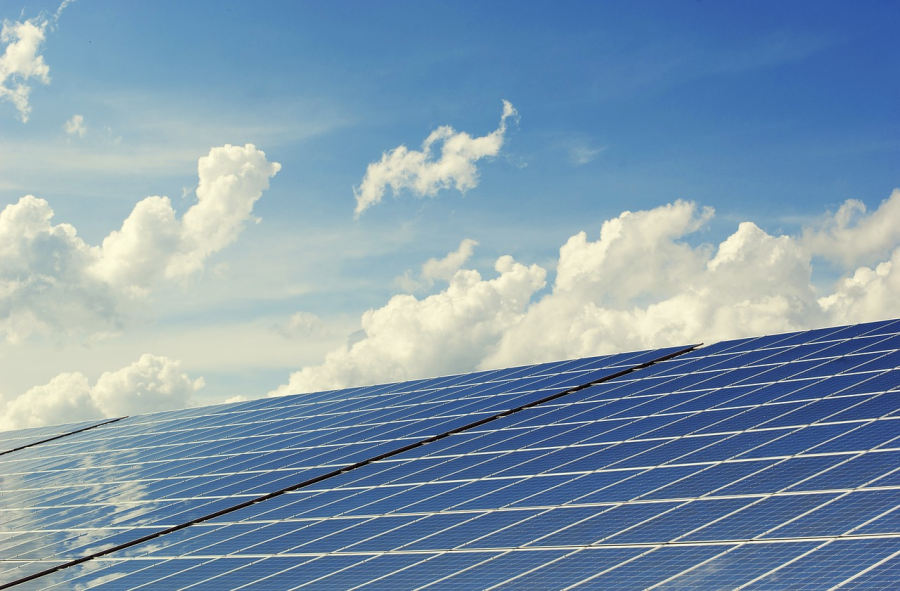Karim Khayat: The Benefits of Battery Storage for Solar Photovoltaic
Karim Khayat is the CEO of Middle East Power, a company that has established itself as an industry leader across the Middle East and in Africa, developing the region’s energy sector. An alumnus of Harvard Business School, Karim Khayat benefits from extensive experience and expertise in the energy industry. Sharing information from a variety of energy providers, this article will look at solar battery storage within solar power plants, identifying the benefits and potential pitfalls.
Typically found inside buildings, solar batteries are large energy storage units that hold energy. Solar batteries are charged during sunny periods, provided they are linked to a solar photovoltaic (PV) system. They can also charge from the grid after nightfall if there are low energy demands.
Battery storage can be used to:
- Provide a backup power supply
- Reduce or reinforce electricity requirements
- Capture excess exported energy from solar or wind
- Provide an uninterrupted power supply, in some circumstances
- Generate revenue by providing grid services
An uninterrupted power supply, or UPS, protects businesses against dropouts during power outages, ensuring that computer systems stay online and the lights stay on, and enabling employees to carry on working.
A rapid response solar battery storage system, UPS kicks in when power fails, supplying a business with power to ensure continuity. UPS is usually relied on for a relatively short duration, taking the load until a backup battery storage system or standby generator kicks in. For some organisations, having a constant supply of electricity is crucial – for example, powering sensitive equipment or essential technology that could malfunction in a power dropout.
One factor that anyone considering investing in a battery storage system needs to consider is whether to buy a lithium ion or lead acid battery. While the upfront cost of a lead acid battery is less, throughout its lifespan, a lithium ion battery will provide a far greater cost saving in the long-term.
In addition to businesses, more and more consumers are investing in solar battery storage systems for their homes. Depending on lifestyle, without a battery, the average household would use somewhere between 35% and 50% of energy generated. However, by investing in battery storage, homeowners can increase this to 80%. For those who already have a system installed and use all of the energy generated by their PV system, battery storage may not be the right choice. However, those who have spare generation could find it a great way to reduce their energy bill, alleviating a major concern for many homeowners today.
Share It on :





